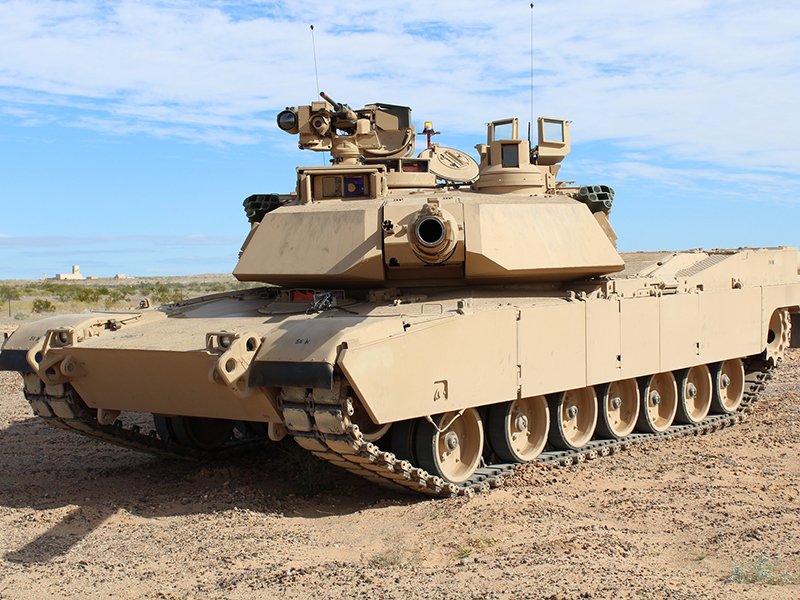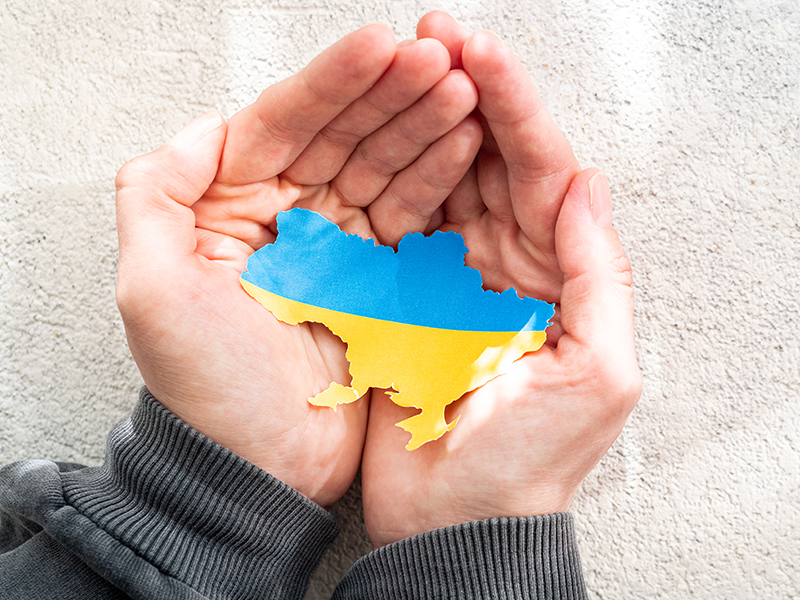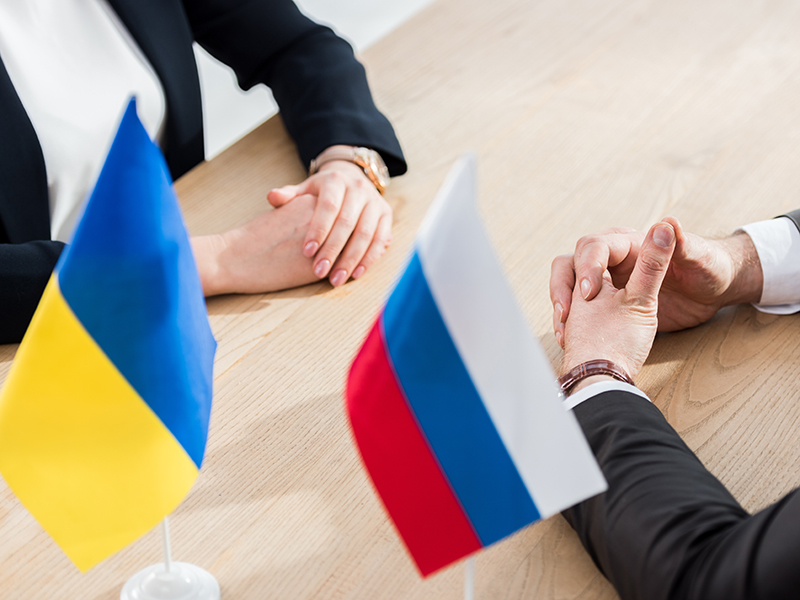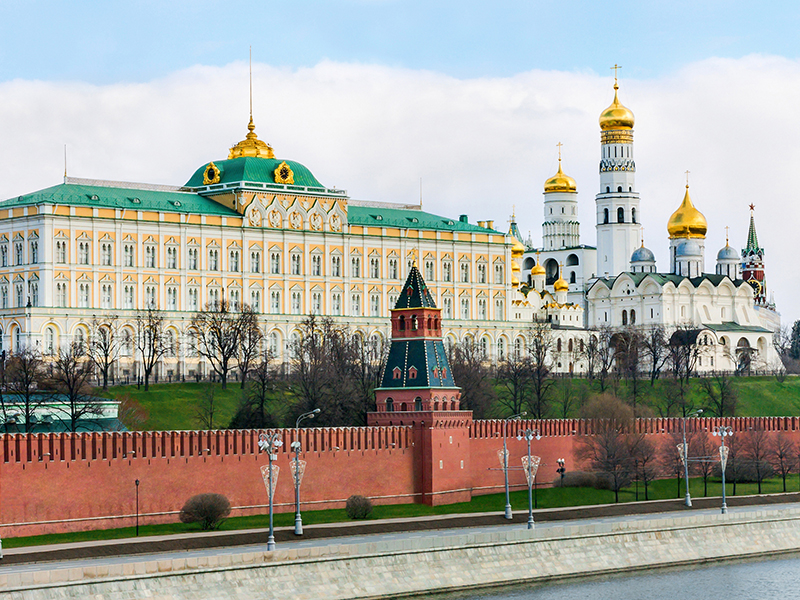Blurbs
Blurb / Gallery Set

Western Arms Will Help, But How Much?
Adm. James “Sandy” Winnefeld, Sam Nunn School of International Affairs
“Patriot missile batteries promised to Ukraine in December will help the country defend its infrastructure against Russian attacks and is an important statement of support for Ukraine. However, we should keep several things in mind: First, this transfer will take some time, as the Ukrainians need to be trained on a complex system. Second, the Russians will do everything and anything they can to target it. Third, the Russians will view this as a provocation, and will find a way to retaliate. We should not be afraid of this, and it should not prevent the transfer, but it is a reality.”
Gen. Philip Breedlove
“The 40-something tanks the U.S. has agreed to give Ukraine isn’t going to make a difference on the battlefield. What is really important is that this is a policy breakthrough that signals the West is finally going to give support to Ukraine that is offensive in nature, not merely defensive. It knocks down the barriers to other nations giving things that Ukraine very much wants.

Will the Western Alliance Hold?
Rachel Whitlark, Sam Nunn School of International Affairs
“One element that I am keeping my eye on is the domestic support from countries who have been critical to Ukraine's continued efforts. While there has been significant and perhaps surprising support from both the United States and individual European states, it is possible that continued inflationary pressures, a potential recession, and rising energy costs could strain that support. Here in the U.S., there has been some noise from both the far right and the far left about limiting American aid or even pushing Ukraine to the negotiating table. But evidence so far suggests that strong bipartisan support will continue at least for now. That said, I would imagine that even if overall bipartisan support continues, there will simultaneously be more contestation against President Biden's foreign policy agenda and big-ticket spending over the longer term under Republican control.”

It's Not Nearly Over
Bob Bell
“Ukraine is “winning,” but it has not yet “won.” Given the depravity of Russia’s occupation and the Ukrainian army’s demonstrated tactical superiority, President Zelensky is intent on expelling Russian forces from all Ukrainian territory, including all of the Donbas, all of the Russian ‘land bridge’ along the Sea of Azov, and all of Crimea. He also has insisted he will demand reparations from Russia for the catastrophic damage it has caused and war crimes proceedings against culpable Russians in the relevant chains of command. Finally, Zelensky has proven resolute in quickly replacing officials accused of corruption, knowing that such rigor is essential if the new Republican majority in the U.S. House of Representatives is to maintain support for providing Ukraine with high-0levels of military and economic assistance.
“Russia is “losing,” but in President Putin’s estimation is still far from having “lost.” With each successive defeat on the tactical battlefield, he has doubled down on continuing the invasion. This has included weaponizing nuclear power reactors, gas supplies, and Ukrainian exports vital for global food security, ordering successively larger troop mobilizations, replacing generals whose command decisions have not produced victories, illegally annexing four provinces in eastern and southern Ukraine, cracking down on any domestic dissent, and transferring Russian soldiers from other areas and other sources, such as mercenaries and militias, to reinforce the Russian force in Ukraine.”

How the War Ends
Gen. Philip Breedlove
“If the United States leads and other Western nations give Ukraine what they need to fight, they will defeat Russia and expel them from Ukrainian lands.”
Adm. James “Sandy” Winnefeld
“There are essentially five variables that would have to come into play in any negotiation: what, if any land to cede to Russia (see Graham Allison’s recent article in the NYT), the future security arrangement for Ukraine, how Ukraine’s reconstruction will be paid for, sanctions relief for Russia, and war crimes. None of them come together in any way. The best we can hope for is an armistice similar to that on the Korean Peninsula, and even that is a long shot. And Putin will likely never give in.”
Bob Bell
“The evidence to date suggests the war will continue to be waged at very high levels of death and destruction well into 2023. The most likely scenario, in my mind, sees continued devastation of Ukraine and war fatigue in the West force Zelensky to the negotiating table and his proposed political comprises of last spring: Ukraine agrees not to join NATO and Russia agrees to pull its military forces back to the positions they occupied before the invasion began on Feb. 24. The second most likely outcome is that Western support bolsters Ukraine enough to power incremental but not war-winning gains throughout 2023. And we should not discount the continued possibility that nuclear weapons will be used. If Ukrainian advances put it into a position to attempt recapturing Crimea, Putin’s recent vows not to resort to the use of nuclear weapons would most be tested.”

Be Wary of a Truce
Dina Khapaeva
“If the West allows Putin’s regime to ‘save face’ through a truce, if the regime – with or without Putin – will survive this war, it will regroup and strike again. Putinism should be militarily defeated, which would also help Russians eliminate their imperial complex and liberate people living under their colonial domination in the Russian Federation.”

The Post-War Impact on Russia
Kate Pride Brown
“Probably the most dramatic impact that some Russians have had on the course of the war is the choice made by hundreds of thousands of Russians to flee the country. Those who have left include skilled workers and the highly educated, those with an entrepreneurial spirit, or those with the resources to live abroad. Essentially, Russia has lost a sizeable subset of its human capital and their loss will undoubtedly have a noticeable impact, both on Russia and on the host countries where they have settled.”
